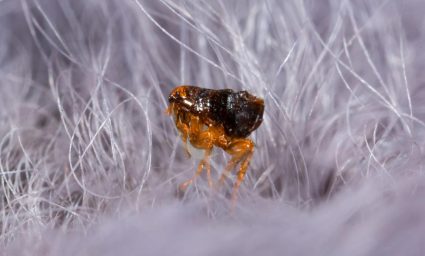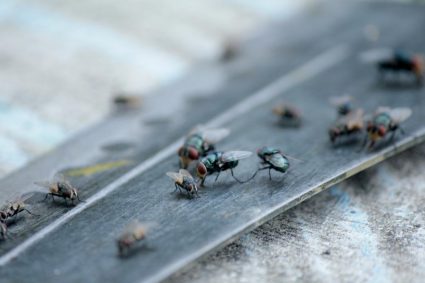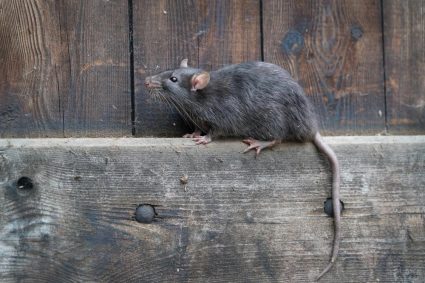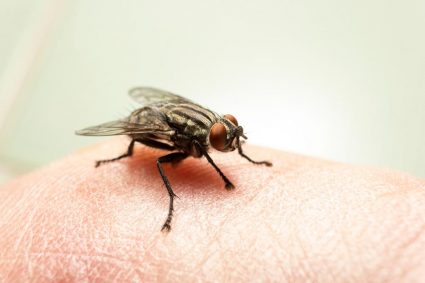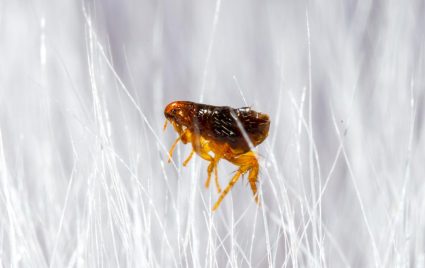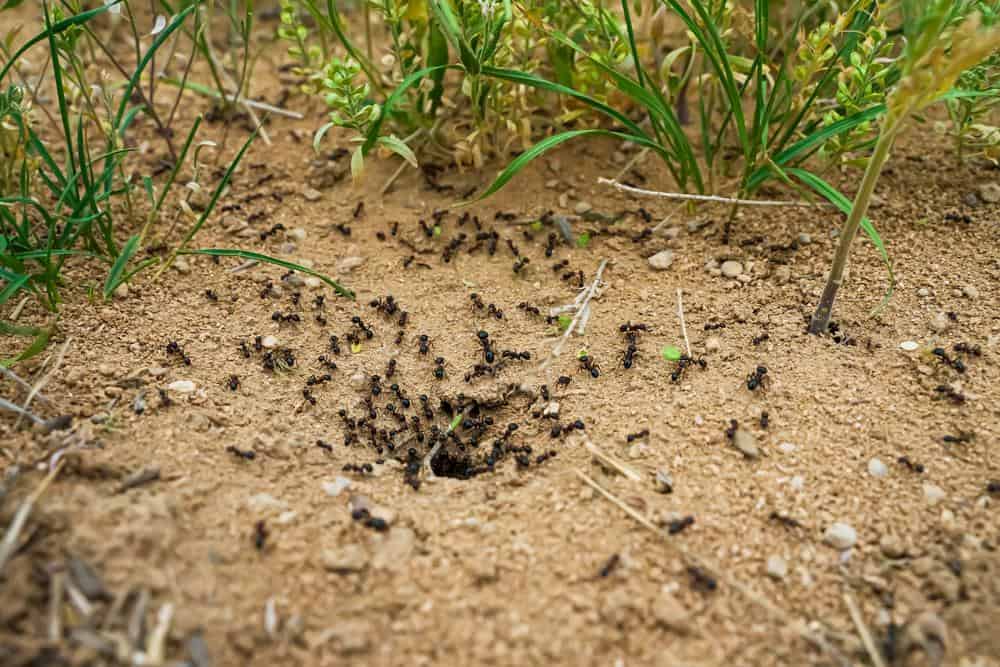
Ants are known for their hard work and collective efforts, but when they invade our outdoor space, they can become a nuisance. This comprehensive guide will explore the various methods available to repel ants outside, from natural remedies to commercial products.
To repel ants outside, you can use natural substances like mint, vinegar, cinnamon, cayenne pepper, and diatomaceous earth. Certain plants and herbs like basil, rosemary, and lavender also deter ants. Household items like white vinegar, essential oils, and baking soda can be effective too. If these methods are ineffective, commercial products like Termidor or Amdro Ant Block can be used. Always remember to follow safety instructions when using any repellents.
Common Types of Ants Found Outside Homes
Understanding the type of ants you are dealing with can help you choose the most effective repellent method. Some common types include Pavement Ants, Carpenter Ants, Odorous House Ants, Argentine Ants, Fire Ants, Ghost Ants, and Thief Ants. These ants differ in size, color, and behavior, making each species unique in its way.
Natural Substances That Repel Ants
Natural remedies are a popular choice for many homeowners. These include mint, vinegar, cinnamon, cayenne pepper, diatomaceous earth (DE), chrysanthemum, rosemary, lavender, garlic, basil, tansy, essential oils, lemon eucalyptus oil, white vinegar, and a mixture of baking soda and powdered sugar. These substances can be used individually or in combination, depending on the severity of the infestation.
Plants and Herbs That Deter Ants
Certain plants and herbs are known to repel ants due to their strong odors or chemical properties. These include basil, rosemary, lavender, catnip, peppermint, spearmint, thyme, tansy, anise, chrysanthemum, pennyroyal, sage, eucalyptus, hot peppers, garlic, and marigolds. Growing these plants in your garden or placing them around your home can help deter ants naturally.
Using Household Items to Repel Ants
Everyday household items can also be used to repel ants. These include white vinegar, essential oils, cinnamon, cayenne or black pepper, lemon juice, baking soda and powdered sugar, coffee grounds, and diatomaceous earth. These items are safe to use around pets and children, making them an excellent choice for families.
Commercial Products for Ant Repelling
If natural methods are not effective, several commercial products can help repel ants outdoors. These include Termidor, Amdro Ant Block Home Perimeter Ant Killer Bait, Ortho Home Defense Ready-To-Spray Ant Killer, TERRO T901-6 Ant Killer Plus Multi-Purpose Insect Control, Mighty Mint Insect & Pest Control, Safer Brand Diatomaceous Earth Ant & Crawling Insect Killer, and I Must Garden Ant Control.
Potential Risks of Ant Repelling Methods
While these methods can be effective, they also come with potential risks or downsides. These may include toxicity, allergic reactions, ineffectiveness, harm to pets and children, slow action, insecticide toxicity, and impact on indoor air quality.
Preventing Ant Infestation in the Future
Prevention is always better than cure. To prevent future ant infestations, you can create barriers, use natural repellents, keep your yard clean, seal entry points, use diatomaceous earth, and maintain cleanliness in your home.
Getting Rid of Ant Hills in Your Yard
To get rid of ant hills in your yard, you can use diatomaceous earth, boiling water, baking soda and vinegar, soapy water, boric acid traps, or spices.
Remember, ants are persistent, and it may take a combination of methods and repeated treatments to effectively eliminate them. Always exercise caution when using any chemicals or substances, and follow the instructions on the label to ensure safety for you, your family, and your pets.
By following these guidelines, you can effectively manage and repel ants in your outdoor spaces, allowing you to enjoy your yard without the nuisance of these tiny invaders.
Frequently Asked Questions
What is diatomaceous earth and how does it repel ants?
Diatomaceous earth (DE) is a natural product made up of fossilized remains of tiny, aquatic organisms called diatoms. It is a non-toxic powder that makes an excellent pest control for ants. Ants and other bugs ingest the microscopic sharp particles when they come in contact with DE, which then damage their exoskeletons and cause them to dehydrate and die.
Can I use these methods to repel other types of insects?
Yes, many of these methods, particularly the use of plants, herbs, and natural substances, can also repel other types of insects. For example, mint, lavender, and marigolds are known to deter a variety of pests. Similarly, diatomaceous earth is effective against many types of crawling insects.
How often should I apply these ant repellents?
The frequency of application depends on the severity of the infestation and the method used. Natural repellents like essential oils and vinegar may need to be applied more frequently, such as once a week, while commercial ant killers may provide protection for up to several months. Always follow the instructions on the product label for best results.
Are commercial ant repellents safe to use around pets and children?
Not all commercial products are safe for use around pets and children. It’s important to read the product label and safety information before use. Some products may require pets and children to stay away from the treated area for a certain amount of time.
Why do ants invade my yard?
Ants are attracted to your yard for various reasons, including the presence of food sources (like sweet spills, pet food, or garbage), water sources, or shelter (like mulch or plants). They may also be attracted to certain types of plants or other insects in your yard.

